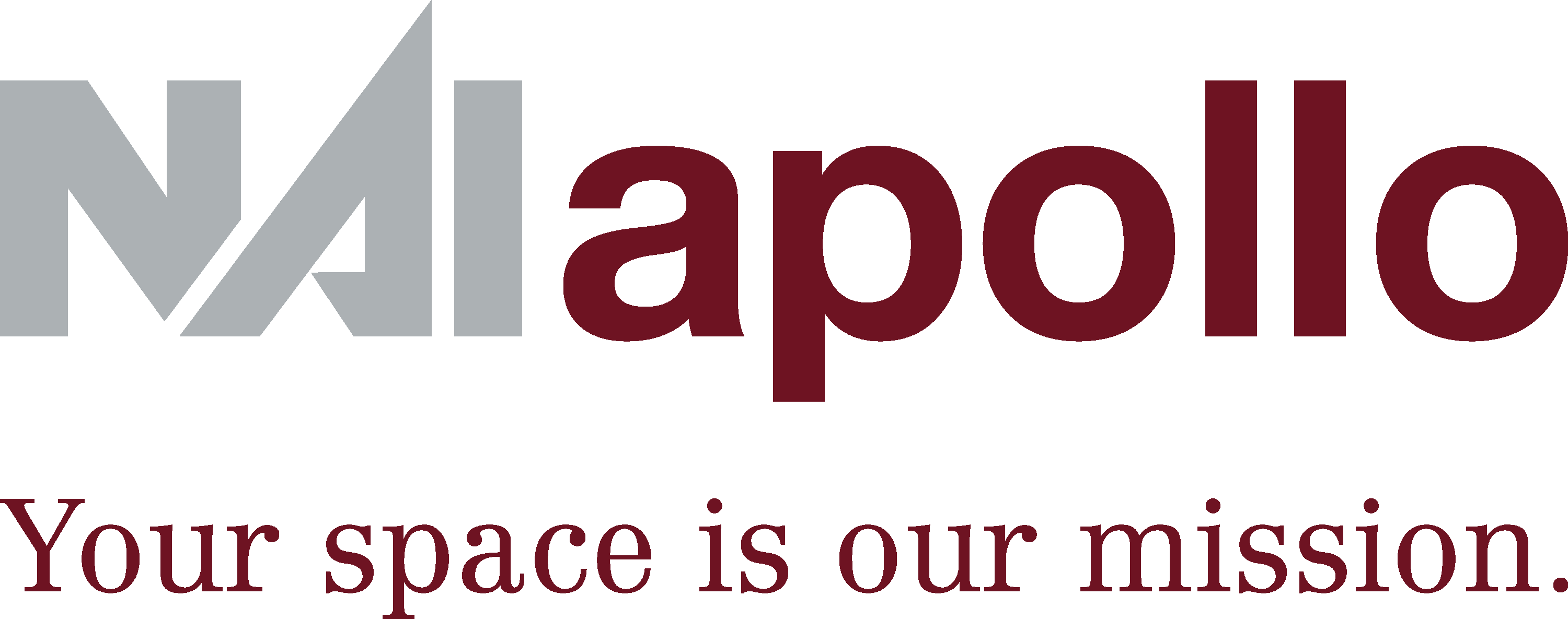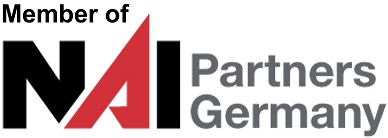NAI apollo on the residential investment market: above-average result in the third quarter increases transaction volume to almost €14 billion
Frankfurt am Main, 15 October 2019 – The investment market for residential portfolios in Germany is on target for its third-best annual result following record figures in 2015 and 2018, according to an analysis by the owner-operated real estate consultancy firm NAI apollo. Due to the very good quarterly result, which, at €5.8 billion, is significantly higher than the results of the two preceding quarters (Q1 2019: €3.9 billion, Q2 2019: €4.2 billion), the traded volume in the first nine months of the year grew to €13.9 billion. As such, it is only €1.8 billion below the very good result for the whole of 2017. However, this sum falls short of the €14.7 billion recorded for the same period of the previous year. The purchases of shares by TLG in Aroundtown and by Adler Real Estate in Ado Properties are not included in the analysis. For the revenue calculation, only share deals in the form of an acquisition of shares in a property or real estate company in which a controlling interest is achieved are deemed indirect investments by NAI apollo. “If the two share acquisitions had been included, which amount to 13% and 33% respectively, the revenue threshold of €15 billion would already have been passed in the third quarter,” comments Andreas Wende, Managing Partner of NAI apollo. “Compared to the mid-point of the year, the number of residential units traded has also jumped by more than 35,000 to a new total of around 95,000. But this still falls short of the around 108,500 units traded during the same period of the previous year,” adds Dr Konrad Kanzler, Head of Research at the NAI apollo group.
Large portfolio deals define the market situation
Portfolio sales of more than €500 million play a major role in the investment market. In this connection, subsidiaries of Ado Properties sold around 6,000 residential units in Berlin to the state-owned residential property company Gewobag for €920 million. Furthermore, the ZBI Group has made another large transaction in the third quarter, paying around €615 million to Deutsche Wohnen for 6,350 apartments, and Commerz Real has purchased around 1,000 apartments from Generali Versicherung for its open-ended real estate fund as part of the Millennium Portfolio. As a result of the large-volume package sales, the largest share of the transaction volume for 2019 is once again attributable to deals over €500 million with a total of around €4.7 billion. After this, €3.8 billion is attributed to deals between €100 million and €500 million, while the remaining sub-€100 million categories account for shares between 4% and 14.9%.
High-price package sales in prime locations contribute to price growth
The increase in the purchase price per residential unit of 8.4% compared to the previous year (Q1-Q3 2018: €135,500 per unit) to around €147,000 is largely the result of strong growth in prices among existing buildings in the top seven cities. For example, the Swedish corporation Akelius Residential Property AB recently sold a portfolio of around 1,500 apartments in Hamburg and Munich for €420 million. “The sale of the Millennium Portfolio has additionally driven the continuous increase in prices,” comments Stefan Mergen, Managing Partner of NAI apollo valuation & research GmbH.
Public sector more than quadruples acquisition volume / project developers still strongly on the sellers’ side
Open-ended real estate funds / special funds were the most active group of buyers in the first three quarters of 2019 with an acquisition volume of €4.7 billion. This is around €2.3 billion higher than the volume attributed to them in the same period of the previous year. Asset managers / fund managers take second place: their traded volume grew by €0.8 billion compared to the same period of 2018 and now totals €2.9 billion. The public sector is in third place with €2.2 billion: up to the end of the third quarter, this actor also increased its revenue contribution by around €1.7 billion compared to the same period of the previous year. “The public sector’s market activities have stood out since the beginning of the year. These have continuously increased the acquisition volume in the light of the demanded safeguarding of housing below market level,” explains Kanzler. On the sellers’ side, project developers take first place with a sales volume of around €4 billion (Q1-Q3 2018: €4.2 billion). The second most active sellers, asset managers / fund managers, more than doubled their sales volume to €3.1 billion compared to the same period of the previous year (Q1-Q3 2018: €1.4 billion).
Foreign investors less active / Berlin still the focus
German investors predominate on the domestic market. In absolute figures, these account for an acquisition volume of around €12.4 billion compared to €11.3 billion in the equivalent period of the previous year. As a result of the current debates on regulation, international buyers have become more cautious and only reached an investment volume of around €1.5 billion (Q1-Q3 2018: €3.4 billion). When observing the distribution of the deals among federal states (by number of transactions), North Rhine-Westphalia and Berlin still lead the way with shares of 16% (Q1-Q3 2018: 17.9%) and 15.6% (Q1-Q3 2018: 14.5%) respectively. “Despite regulatory measures such as the rent cap and rent controls, there is still a great deal of interest in investments in the capital city. Although the absolute number of transactions has fallen, in terms of the percentage of sales Berlin continues to head the field together with North Rhine-Westphalia. In Berlin in particular, a number of purchases by the public sector have played a particularly important role in this. On the other hand, private sector actors, predominantly those from abroad, increasingly tend to take a cautious approach,” comments Mergen. On a municipal level, the big seven cities remain the focus of activity. But other prospering cities also stand out with an increased number of sales, again including Leipzig, Dresden and Magdeburg in the current year.
NAI apollo expects above-average investment for 2019
“Due to the dynamic market activity of the last three months in particular, we still anticipate an above-average result for the year as a whole. We expect a further increase in residential unit prices in the next three months, but also a tendency towards stabilisation in the coming year,” comments Kanzler. The public sector still has a keen interest in expanding its housing stock. A continued high level of activity is also probable on the sellers’ side, above all on the part of project developers. “It is also once again evident that share purchases and corporate acquisitions have a significant effect on the result. Alongside classic asset deals, these investments will also define the market activities of the coming months,” adds Wende. For the whole of 2019, NAI apollo forecasts a traded transaction volume above the level of 2017, the third-strongest year since NAI apollo began recording these statistics, which will be close to the value recorded in 2018 (€18.6 billion). However, the record figure of 2015 (€23.9 billion) will remain unsurpassed.

